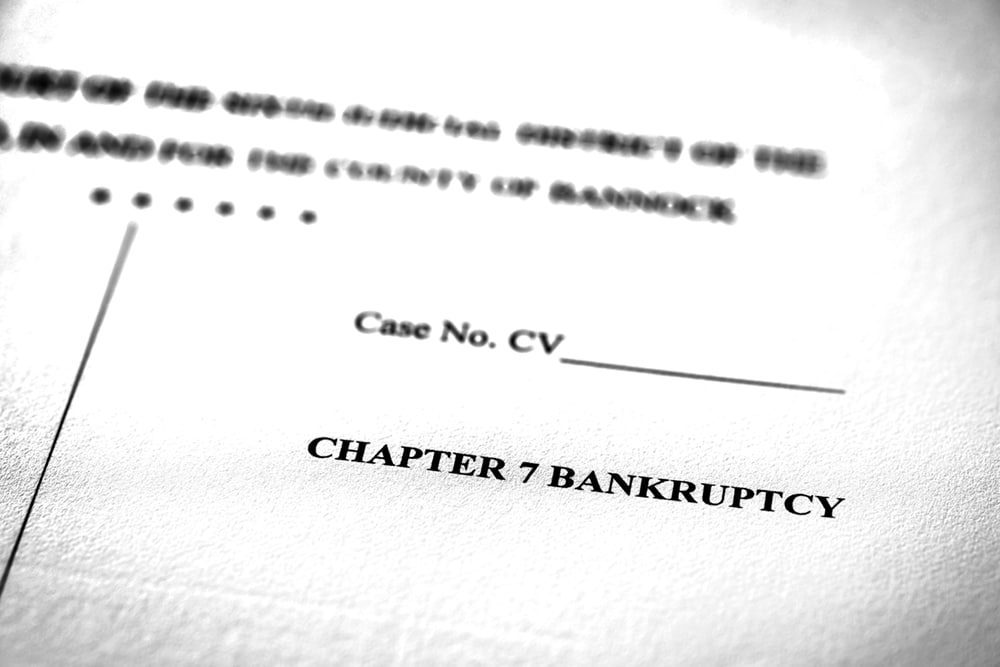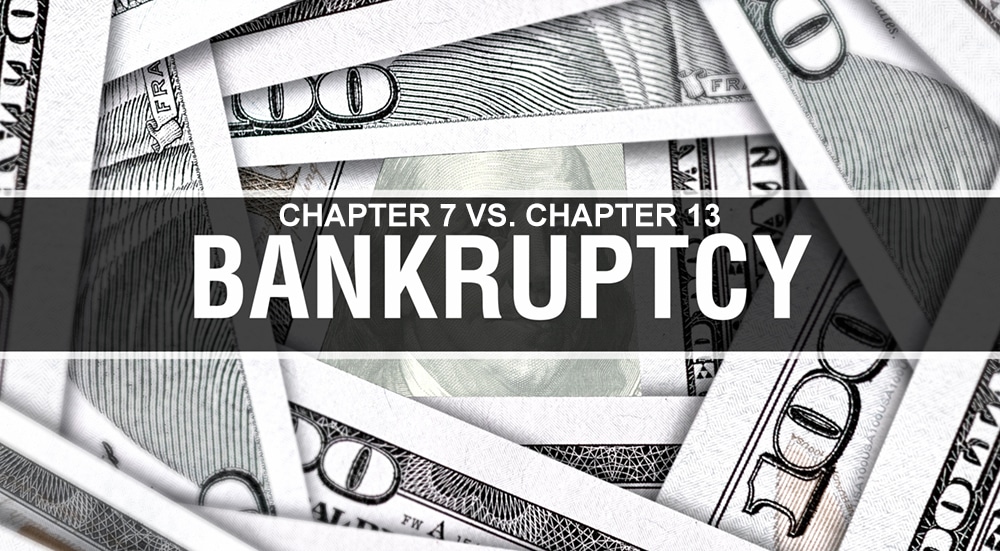If you’re struggling so much financially that you’re starting to consider filing for Chapter 7 bankruptcy as a permanent solution, you might be most concerned about whether or not you will get to keep your house and car. The answer to your question is a little more complex than you might have hoped. While it may seem just for a person to automatically be allowed to keep such basic privileges, whether or not you actually get to keep your home and/or car will depend on a few key factors.
Keeping Your House
Aside from the fact that in order to keep your home you must be current on our mortgage payments, you also must either prove that you currently don’t have any home equity, or take advantage of federal or state homestead exemptions (never both) to protect said equity from your trustee. To do this, you first must identify the property in question as your primary residence, and determine the amount of your exemption; this total will be what is subtracted from the fair market value of your home to determine equity. Other subtractions made to that total may include trustee commissions, costs related to the property’s sale, the total amount owed, and/or any non-mortgage liens. Once the final home equity total has been determined, you will be left with two possible scenarios. Scenario one is that you ended with a negative number, meaning you’ve proven you have no equity and even if a trustee did sell your home there would be nothing left over to pay creditors – thus you get to keep your home under the provision that you continue to keep up with your mortgage payments and evade traditional foreclosure proceedings. Scenario two is that you find out you do have equity that can be used to pay off your debts and your trustee begins the sale process – at which point you will be given the total value of your homestead exemption instead.
Keeping Your Car
Similar to keeping your house, keeping your car depends on whether you’re caught up on your payments and your equity is exempt. The same process is used to determine equity, resulting in the same two potential scenarios. If you’re all caught up with your car payments, and your equity is at or lower than the acceptable motor vehicle exemption value, you will get to keep your car. If your equity is more than the exemption value, your trustee will likely sell your car to satisfy your debts. Unlike trying to keep your home, however, you may be able to use a “wildcard,” or other comparable exemption to help you keep your car. This type of exemption basically allows you to either pay the total nonexempt equity directly to your trustee, or make a trade and relinquish another nonexempt property in your cars place. Also unlike trying to keep your home, if you do happen to be behind on your car payments you may be able to keep your car if you’re able to either redeem your property by paying your lender a fair replacement value based on the current market value of your car, or reaffirm your debt by convincing your lender to agree to a revised payment plan that works in your favor.
To learn more about specific exemption amounts, or to find out how Chapter 7 bankruptcy can uniquely affect your current financial situation, take this opportunity to reach our to our esteemed bankruptcy lawyers at Church & Korhonen, PC for more information today. Call Church and Korhonen, PC, toll-free at 1.800.758.5611 or simply fill out the form in the sidebar to begin taking steps to a more sound financial future, greater peace of mind and a fresh start.




